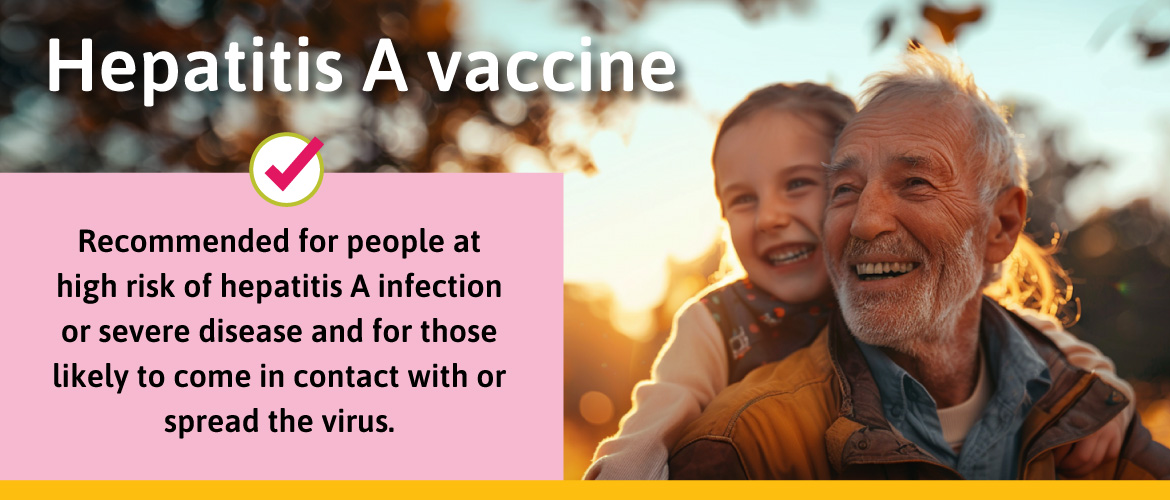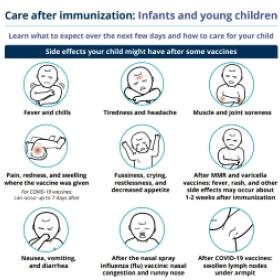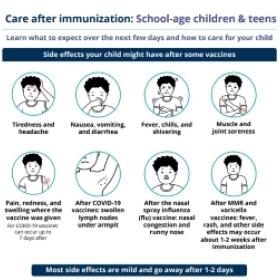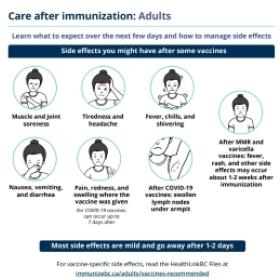On March 31, the ImmunizeBC website will move over to HealthLinkBC.ca After this date, you will be automatically redirected to HealthLink BC’s Immunization landing page. HealthLink BC provides trusted health information online and over the phone 24 hours a day, seven days a week by calling 8-1-1.
Date last reviewed:
Tuesday, May 28, 2024
HealthLinkBC
Available in عربى (Arabic), 繁體中文 (Traditional Chinese), یسراف (Farsi), 한국어 (Korean), ਪੰਜਾਬੀ (Punjabi), and other languages.

Disease it protects against
The hepatitis A vaccine protects against:
- Hepatitis A
Hepatitis A is a virus that can infect the liver. The infection usually goes away on its own and doesn't lead to long-term liver problems. Rarely, it can be more serious. Learn more about hepatitis A.
Fact
Did you know?
Hepatitis A occurs worldwide and is one of the most common vaccine-preventable diseases in travellers.
Who should get the vaccine
- The hepatitis A vaccine is provided for free to Indigenous children and youth 6 months to 18 years of age.
- The hepatitis A vaccine is also provided for free to people at high risk of infection or severe illness and people likely to come in contact with or spread the hepatitis A virus.
Those who want protection against hepatitis A but are not eligible for the free vaccine can buy the vaccine at most pharmacies and travel clinics.
How well it works
When people get all the recommended doses, the protection is almost 100% for hepatitis A.
When you or your child gets immunized, you help protect others as well. People who are immunized are much less likely to catch a preventable disease and spread it to others.
Information
Preventing hepatitis A
Practicing good personal hygiene, such as washing your hands with soap and clean, running water after using the toilet or changing diapers and before preparing or eating food can help prevent you from getting hepatitis A.
Safety
Vaccine safety is a top priority in Canada. Every vaccine must be shown to be safe and effective before it is approved for use in Canada. After approval, the safety of vaccines is continuously monitored. Learn more about vaccine safety.
Fact
Vaccines are very safe
Getting the vaccine is much safer than getting hepatitis A.
Side effects
Many people have no side effects from vaccines. For those that do, they are usually mild and go away on their own within a few days. Serious side effects are very rare.
Side effects of the hepatitis A vaccine can include:
- Redness, swelling, and soreness where the vaccine was given.
- Headache and fever.
- Fatigue.
- Nausea, vomiting, and diarrhea.
It is important to stay in the clinic for 15 minutes after getting any vaccine because there is an extremely rare chance of a life-threatening allergic reaction called anaphylaxis. If anaphylaxis happens, you will be given medicine to treat the symptoms.
Let your immunization provider/clinic or health care provider know if you or your child have any serious or unexpected side effects after immunization.
How to manage side effects
For information on how to manage side effects, view the immunization aftercare sheets below.
Who should not get the vaccine
Speak to your health care provider if you or your child has had a life-threatening reaction to a previous dose of a hepatitis A vaccine or to any component of the vaccine.
There is no need to delay getting immunized because of a cold or other mild illness. However, if you have concerns, speak to your health care provider.
Hepatitis A quick facts
- What it is
-
Hepatitis A is a virus that can infect the liver. The infection usually goes away on its own and doesn't lead to long-term liver problems.
- How it spreads
-
The hepatitis A virus is found in the bowel movements (stool) of infected persons. It can be spread through close contact with an infected person, by drinking contaminated water, or by eating raw or undercooked shellfish contaminated with sewage. People with hepatitis A infection who use the bathroom without proper hand washing can pass it to others through food preparation or other hand-to-mouth contact. Sexual contact or sharing equipment used in illegal drug use, like needles or pipes, can also spread it.
- Symptoms
-
Symptoms may include:
- Tiredness.
- Nausea.
- Diarrhea.
- Yellowing of the skin and eyes (jaundice).
- Vomiting.
Symptoms usually last about 3 months. They go away on their own in almost all cases and do not need treatment.Some people, especially young children, have no symptoms.Although hepatitis A is an infection of the liver, the disease does not lead to long-term liver problems. - Risks
-
Sometimes hepatitis A can be more serious. About 1 in 200 infected people will die. The risk is higher if you are 50 years or older.







